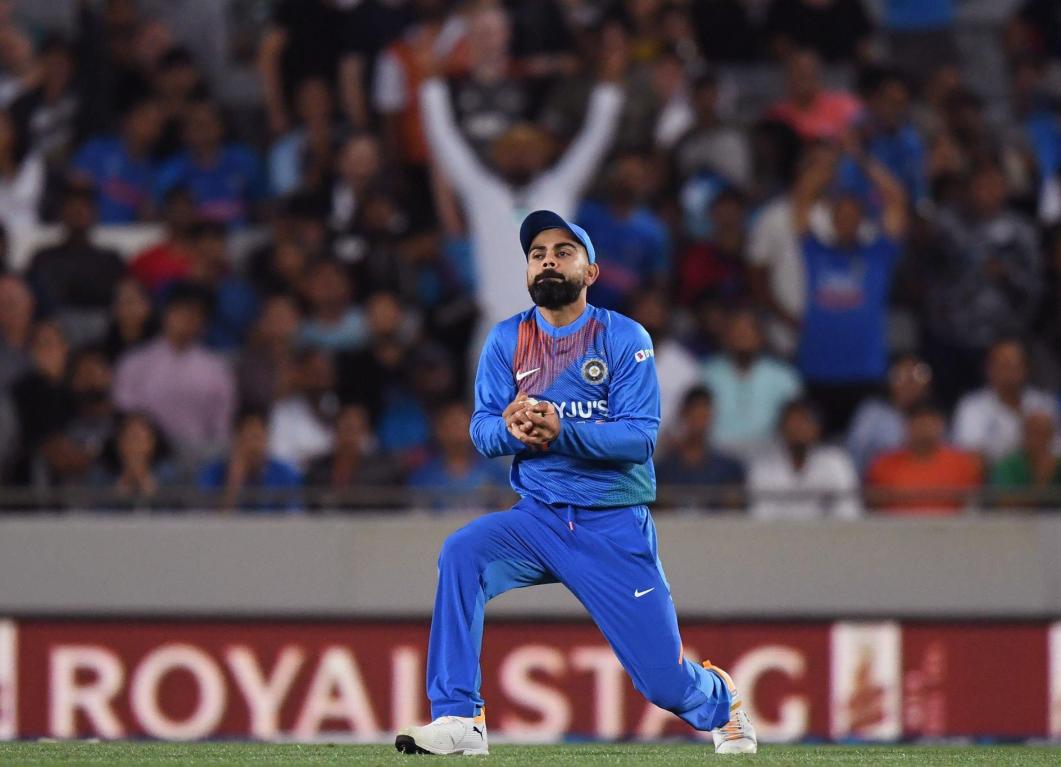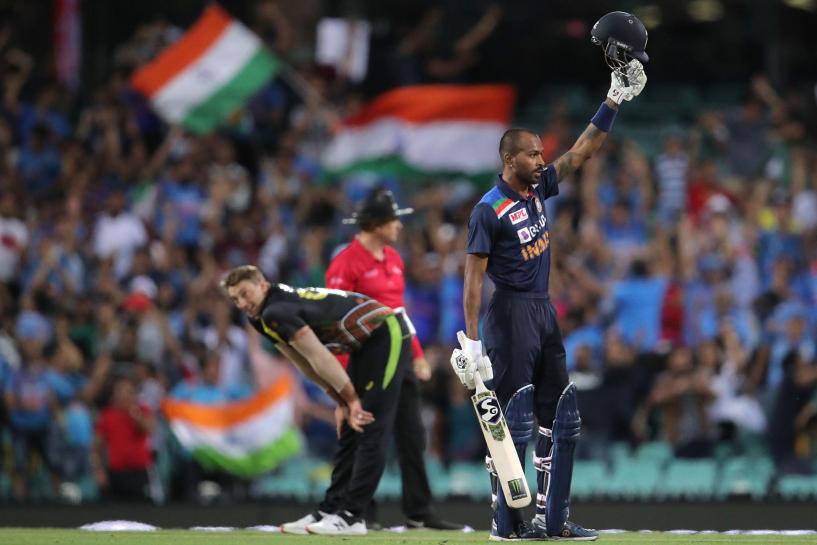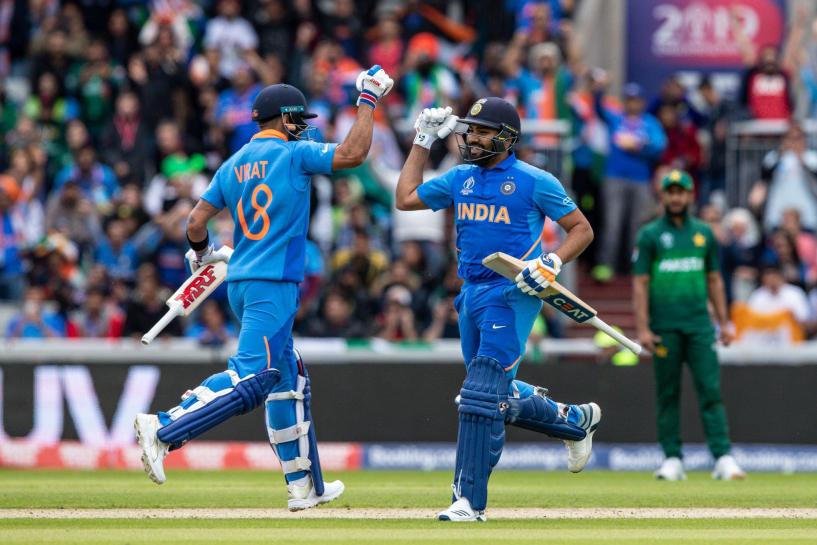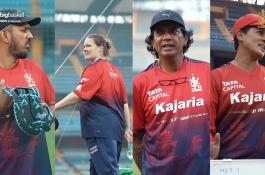Ravi Shastri emphasises the importance of fielding for India in the T20 World Cup

In exactly ten days from now, Team India will be starting their T20 World Cup campaign as they take on their arch-rivals, Pakistan at the Melbourne Cricket Ground. There have been quite a few alarming hues and cries about the absence of Jasprit Bumrah. However, former Indian coach, Ravi Shastri believes that the kind of batting that India comes to the tournament with, that in itself can be a defining factor for the Men in the Blue.
However, Shastri is also alarmed by India’s fielding that cost them dearly in the Asia Cup. He believes that the kind of batting that India has in their shed and if they can improve their fielding, they would be the undoubted favourites to seize the hallowed silverware.
“I’ve been part of the system for the last seven years as coach and now watching it from outside, this is the strongest batting line-up India has had, if you look at youth, experience, at players peaking in this format of the game,” said Shastri.
He spoke at length about India’s batting strength, saying, “This is as good a batting line-up as India ever had in T20 cricket; especially with Hardik Pandya at No 5, Dinesh Karthik or Rishabh Pant at No 6, it makes a massive difference. One area they will have to pick up and start from the beginning is fielding.”
Shastri then shifted his focus to why fielding well can make all the difference in the world as he said, “Those 15-20 runs you save will make all the difference because otherwise every time you go out to bat, you will have to get those extra runs. This is where other sides, Australia, England, New Zealand, South Africa, they field like crazy. Sri Lanka won the Asia Cup on their fielding.”
He also spoke about the importance of the Yo-Yo tests. “The emphasis on fitness becomes very critical. In my time we had the Yo-Yo test. A lot of people laughed at it. The test was never for selection, it was for creating awareness among the players. It made a massive difference, not just in the way they played, but the way they moved on the field,” he said. “What is worrying (now) is the number of times you have allowed the opposition to score over 200 runs in the last few months. People will blame the bowling, but it is also the fielding,” he concluded.
























